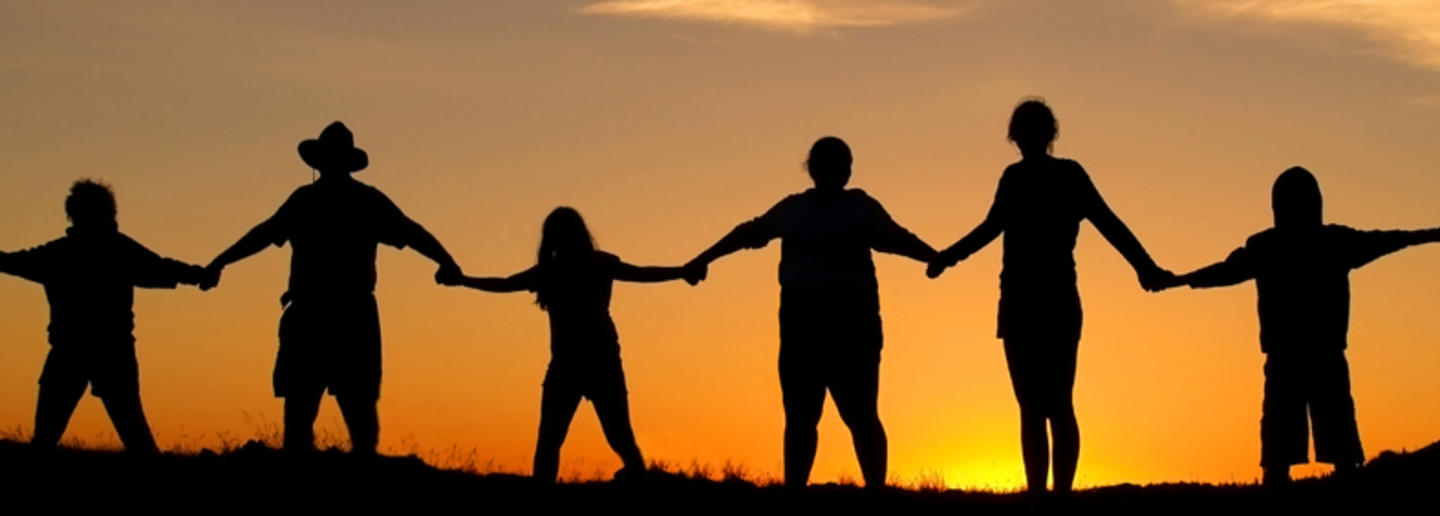Although the EU has made significant strides over the last decades towards achieving gender equality, many member states still face considerable challenges when it comes to ensuring equal opportunities and reducing the pay gap.
At an event ‘Equality Pays’ in Brussels today political figures, government officials, academics and practitioners from the donor states, the 15 beneficiary states as well as EU-level bodies and organisations meet to discuss both challenges in the area of gender equality and the opportunities provided through the EEA and Norway Grants. Funding worth at least €50 million will be made available to gender equality under the grants schemes.
Ahead of the event, Ambassador Ingrid Schulerud of the Norwegian Ministry of Foreign Affairs, said, “The EEA and Norway Grants offer a unique possibility to increase funding for gender equality in Europe.”
Equality in the work place and the home
Mainstreaming gender equality and promoting work life-balance are key areas of support under the new programmes, including aims to raise awareness, improve gender balance on company boards and reduce pay gaps.
The EU’s 2010 report on equality between women and men points out that women continue to earn on average 17.5% less than men, and women still face significant barriers to reaching top positions. While the economic case for gender equality is under the spotlight at the event, keynote speaker, former Latvian president Vaira Vīķe-Freiberga, also underlines how women’s participation in decision-making is a question of democratic right.
Tackling gender-based violence, including human trafficking will be another important focus for the programmes. The Council of Europe estimates that 45% of all women in Europe have been subjected to and suffered from gender-based violence and around 80,000 women and girls are trafficked in the European Union every year.
Equality measures in all countries
Negotiations on programme priorities are ongoing between the three donor states and the 15 beneficiary states. Gender equality measures are an important part of the discussions. An agreement has already been signed with Slovakia, which will dedicate EUR 6.36 million to combat domestic violence. Negotiations are also well advanced with Poland, the Czech Republic, Portugal and Spain where considerable funding will be available for activities to promote, for example, research on gender issues, and mainstreaming gender equality in public administrations.
At the event, Pavla Špondrová, Head of the Gender Equality Unit in the Office of the Government, presents perspectives for the future programmes in the Czech Republic. “Support from the EEA and Norway Grants will help us achieve our goal not only of raising public awareness on gender issues, but also to tackle gender stereotypes,” she explains.
